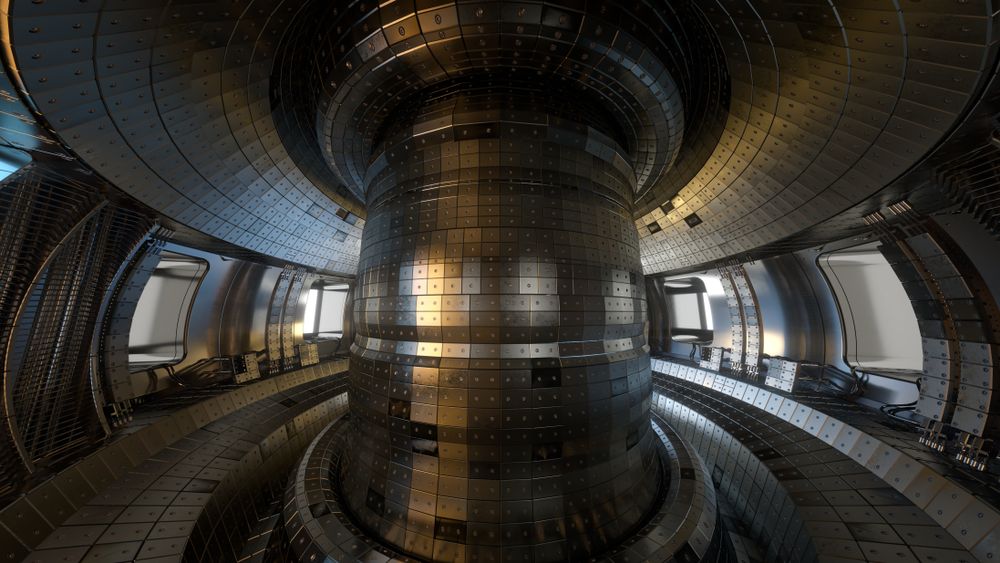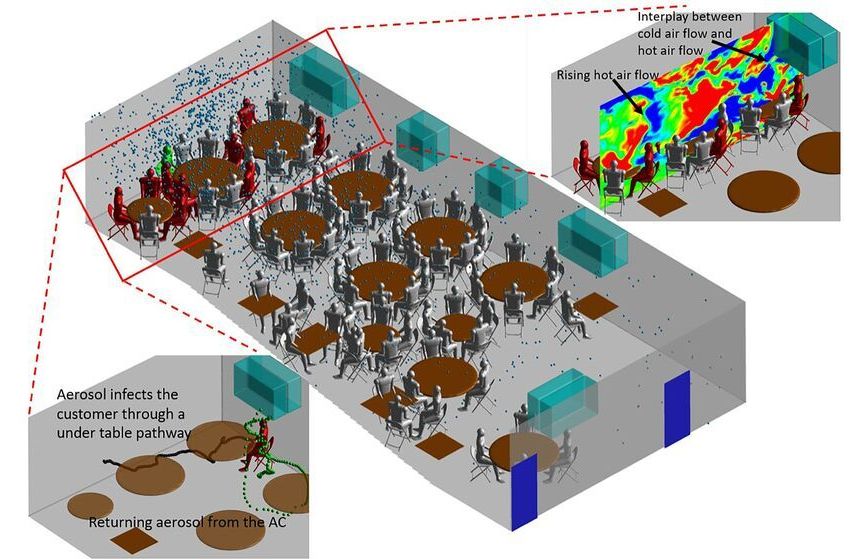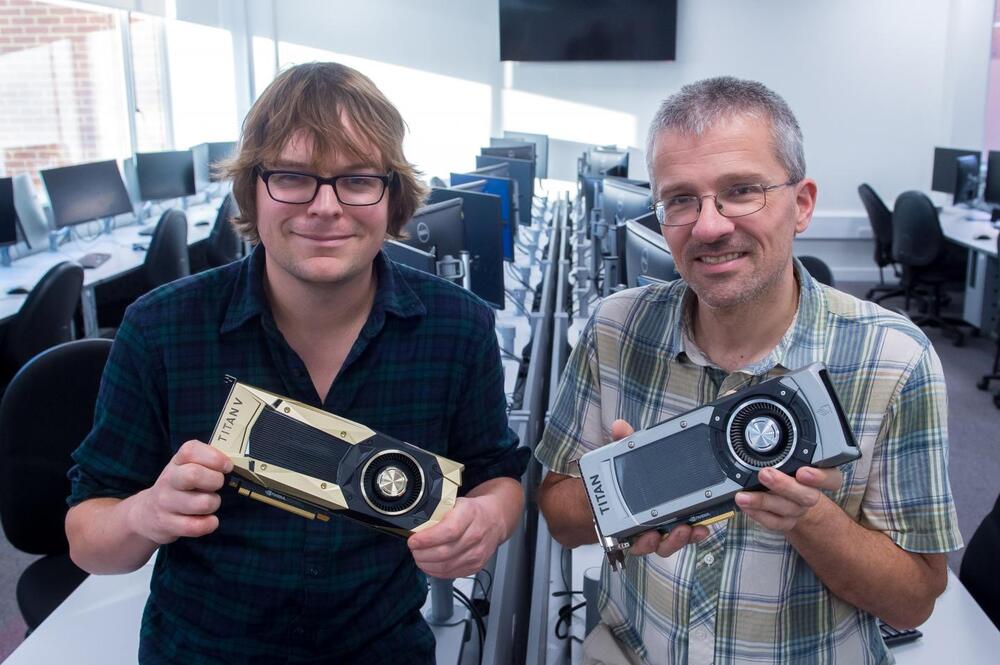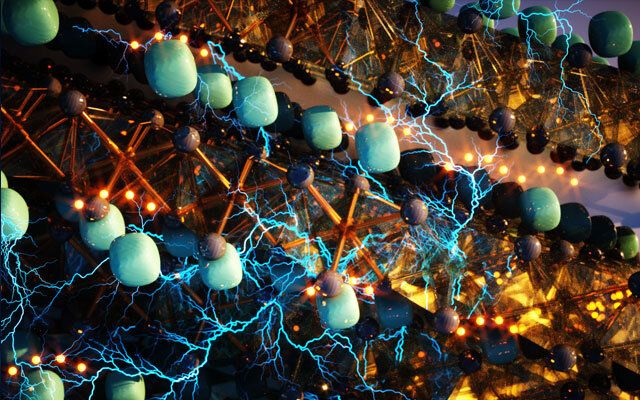Energy researchers have been reaching for the stars for decades in their attempt to artificially recreate a stable fusion energy reactor. If successful, such a reactor would revolutionize the world’s energy supply overnight, providing low-radioactivity, zero-carbon, high-yield power – but to date, it has proved extraordinarily challenging to stabilize. Now, scientists are leveraging supercomputing power from two national labs to help fine-tune elements of fusion reactor designs for test runs.
In experimental fusion reactors, magnetic, donut-shaped devices called “tokamaks” are used to keep the plasma contained: in a sort of high-stakes game of Operation, if the plasma touches the sides of the reactor, the reaction falters and the reactor itself could be severely damaged. Meanwhile, a divertor funnels excess heat from the vacuum.
In France, scientists are building the world’s largest fusion reactor: a 500-megawatt experiment called ITER that is scheduled to begin trial operation in 2025. The researchers here were interested in estimating ITER’s heat-load width: that is, the area along the divertor that can withstand extraordinarily hot particles repeatedly bombarding it.








